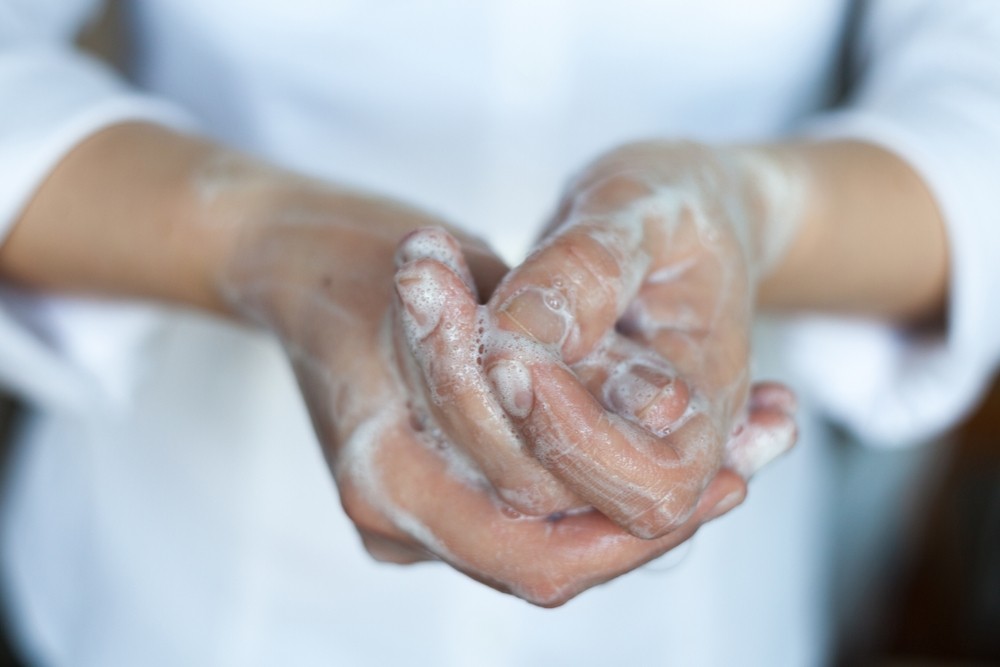Clean Hands Really Can Help Stop Germs
December 5, 2024

It turns out 80% of communicable diseases can be transferred by touch. And just washing your hands a few times a day can reduce diarrhea rates by 40%. Diving in a little deeper, the Centers for Disease Control and Prevention (CDC) studies show handwashing education in the community can:
- Reduce the number of people who get sick with diarrhea by about 23%–40%
- Reduce the number of school days children missed because of gastrointestinal illness by 29%–57%
- Reduce diarrheal illness in people with weakened immune systems by about 58%
- Reduce respiratory illnesses, like colds, in the general population by about 16%–21%
Bottom line: good hygiene is key to good health, and that hygiene starts with clean hands.
Handwashing with soap and water is one of the simplest, most effective ways to stop the spread of germs and stay healthy.
You can practice good hand hygiene by:
- Washing your hands when they are dirty, before eating, when preparing food, or after you blow your nose or use the bathroom. The ideal amount of time to wash your hands is 30 seconds, but 15 seconds is recommended at the very least
- Not coughing or sneezing into your hands; use a tissue or the crook of your arm instead.
- Not putting your fingers near your eyes, nose, or mouth
At Southwestern Medical Center, good hand hygiene is practically second nature. Healthcare professionals understand the relationship between clean hands and illness prevention and will gladly encourage you to make frequent handwashing part of your daily routine.
With December being prime cold and flu season – and the holidays upon us – do your body a favor and wash your hands several times a day this awareness week and every week. You will likely prevent yourself – or someone else – from getting sick. That’s a pretty good gift in this season of giving.
